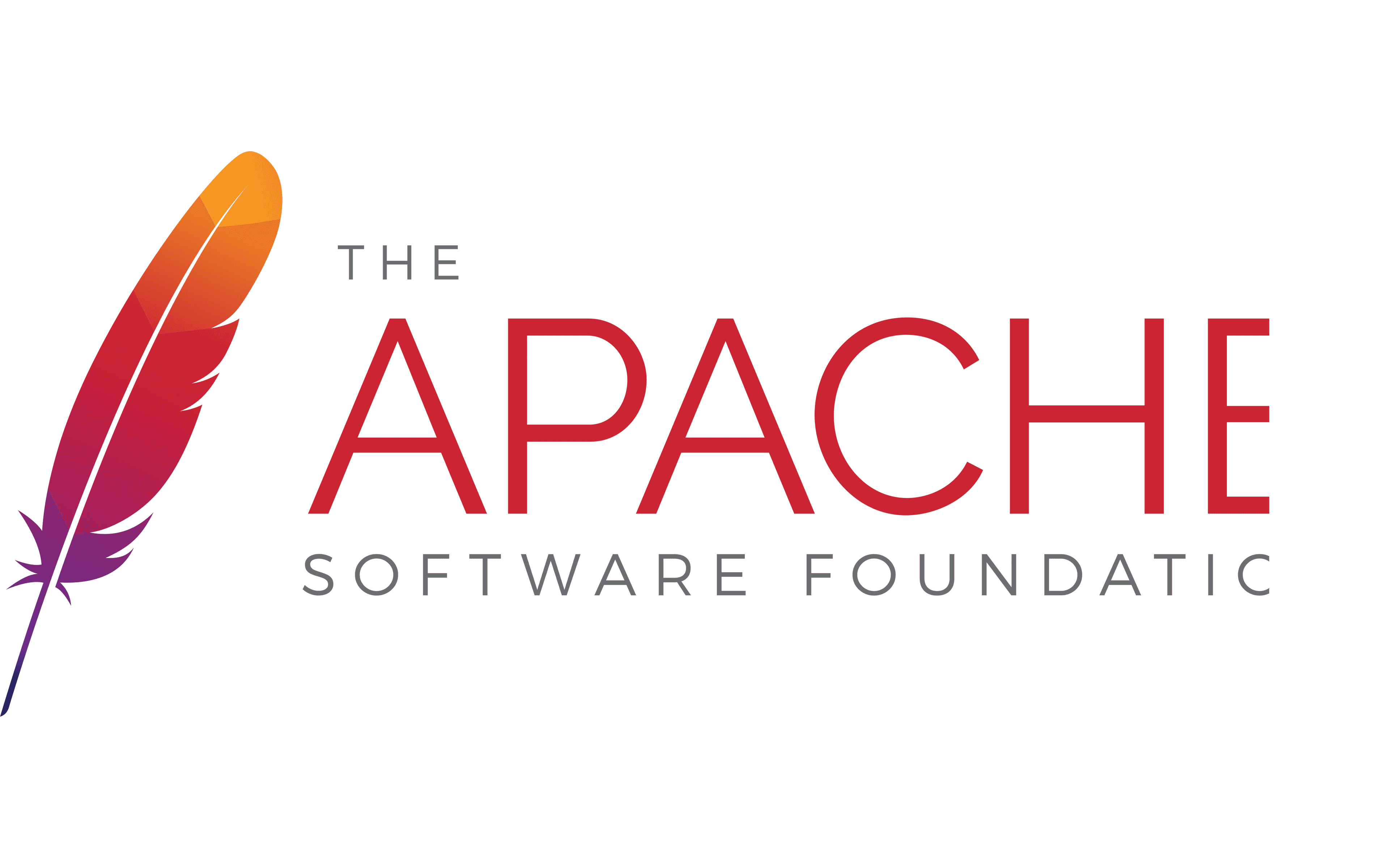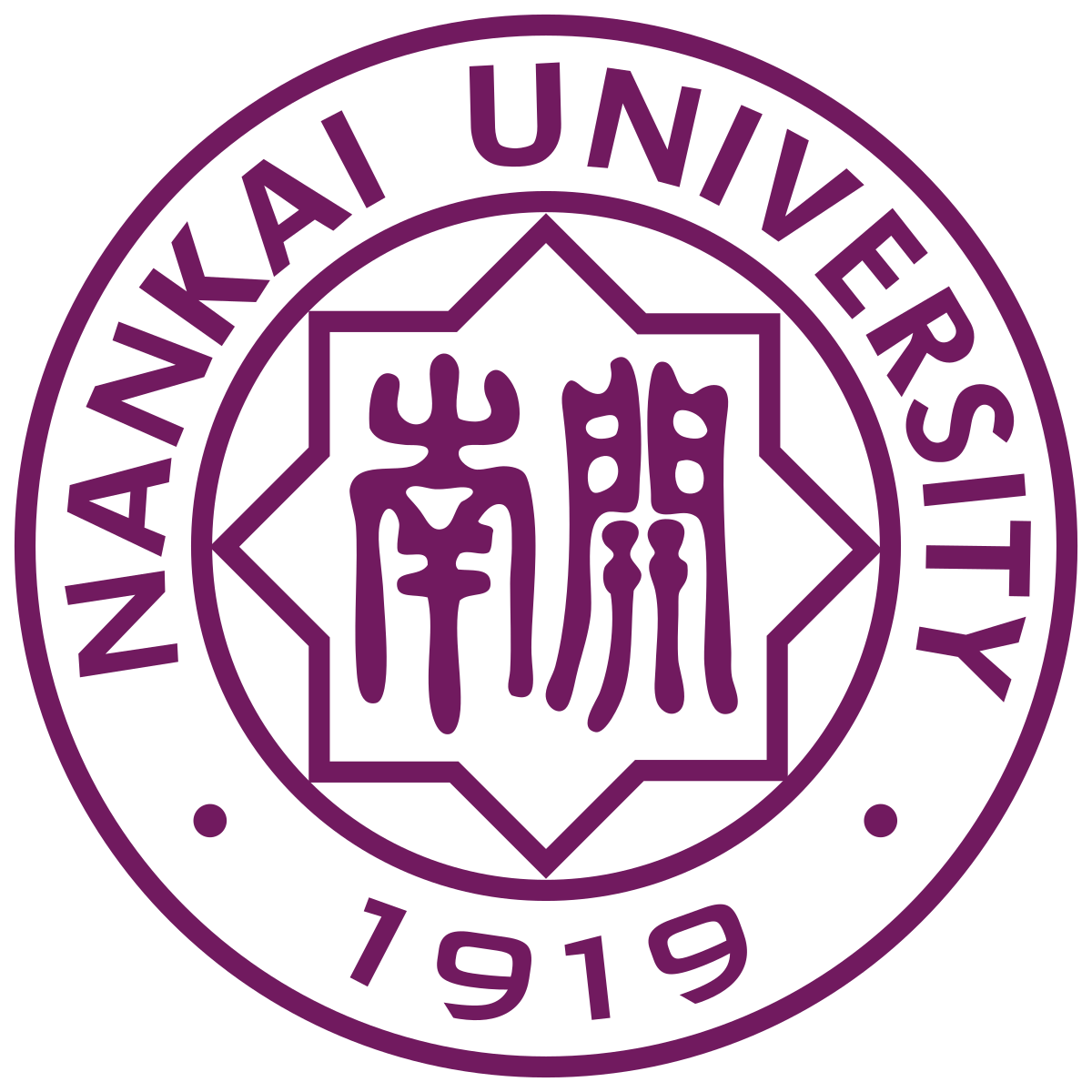News
Feb 2023
USENIX 2023 Paper submitted!
Mar 2023
My bachelor thesis submitted to Cybersecurity!
May 2023
I got accepted to GSoC 2023!
Aug 2023
Our PoBF paper was accepted to USENIX Security 2023!
Apr 2024
I am serving on the ACM CCS 2024 Artifact Evaluation Committee.
May 2024
I am about to start the internship at TikTok Inc. Excited to you guys in bay area.
Nov 2024
I am serving on the USENIX Security 2025 Artifact Evaluation Committee.

|
Haobin (Hiroki) Chen
Phone: +1 812-325-6706
|
About
Hey, currently I'm a second-year CS Ph.D. student at Indiana University Bloomington advised by Prof. XiaoFeng Wang. I also work with the following intelligent folks: Mingshen Sun, Dayeol Lee, Chenghong Wang, Mike Reiter.
My research interests include systems security, particularly in the area of trusted execution environments and secure OS kernels, and formal methods for systems security.
"Algorithms are the computational content of proofs." – Robert
Harper
Lemma extensionality:
∀ {A: Type} (x y: A) (P: A → Prop) (_: x = y) -> P x → P
y.
望向星星是哪星球 它突然間飄走
Some blogs
| Criticism of the article The Flawed Design of Intel TDX |
Education
| Indiana University at Bloomington
(IUB)
Ph.D Student in Computer Science Aug. 2023 - 2028 (Expected), Bloomington, IN, USA Advisor: Prof. XiaoFeng Wang |
Publications
|
USENIX Security 2025 (Sec'25) Picachv: Formally Verified Data Use Policy Enforcement for Secure Data Analytics Haobin Hiroki Chen, Hongbo Chen Mingshen Sun, Chenghong Wang, XiaoFeng Wang. |
|
Cybersecurity 7, 15 (2024).
Revisiting frequency-smoothing encryption: new security definitions and efficient construction Haobin Chen, Yue Yang, Siyi Lv. |
|
USENIX Security 2023 (Sec'23) A Verified Confidential Computing as a Service Framework for Privacy Preservation Hongbo Chen, Haobin Hiroki Chen, Mingshen Sun, Kang Li, Zhaofeng Chen, XiaoFeng Wang. |
Services
Work Experiences
Security Research Intern @ CertiK Inc., New York, NY
Oct 2025 -
|
| Research Intern @ Privacy
Innovation Lab, TikTok Inc., San Jose, CA,
May 2024 - Aug 2024 Supervisors:Dayoel Lee and Mingshen Sun
|
| Contributor, Remote @ GSoC
& ASF,
Jun. 2023 - Nov. 2023 Advisior: Mingshen Sun Code:
|
Academic Experiences
| Research Assistant, @ IUB,
Aug. 2023 - Advisior: Prof. XiaoFeng Wang
|
| Research Assistant, Remote @ IUB,
Jul. 2022 - July 2023 Advisior: Prof. XiaoFeng Wang (Center for Distributed Confidental Computing (CDCC)) Code:
|
| Research Intern, Nankai
University & Huawei Inc., Sept. 2020 - Aug. 2022
Advisior: Prof. Zheli Liu (Data Privacy Lab) Code:
|
Open-Source Projects
| Oblivious-RAM: Reference
Implementation for Different ORAM algorithms
Code: Implemented the following ORAM algorithms:
|
| NeoOS: A tiny OS kernel for
x86-64
Code: Awesome features:
|
| Prusti: A static verifier for
Rust
Code: Contributed to the project launched by ETHz. |
| SSE-SEAL
Code: An implementation of the paper SEAL: Attack Mitigation for Encrypted Databases via Adjustable Leakage. |
| C compiler for ARM-v7
architecture
Code: A compiler for SysY (a C-like language). We used Bison as front-end parser and mimicked LLVM to implement the CodeGen. |
| A Novel Cryptographic Primitive for
Encrypted Databases
Code: We propose a notion of frequency-smoothing encryption that aims to strike a balance between security and data utility. The code is a Proof-of-Concept (PoC) and is written in Rust, backed by MongoDB. |
Honors
|
ACM CCS Distinguished Artifact Reviewer,
2024
- ACM SIGSAC CCS |
|
Distinguished Thesis
Honor 2023
- Nankai University, China |
|
The 3rd Prize and Regional Outstanding
Award at the National Contest for OS Design and
Implementation (as mentor) 2023
- China |
|
Nankai Academically Excellent Student
Scholarship, 2022, 2021
- Nankai University, China |
|
Nankai Innovation Award of Technology
and Research Scholarship 2022,
2021
- Nankai University, China |
|
The 3rd prize at the National College
Student Information Security Contest,
2021
- Ministriy of Education, China |
Links
Hongbo Chen(IUB); Haosen Guan (Princeton); Xin'an Emmanuel Zhou (UCR); Hang Yang (GaTech); Mingshen Sun (TikTok Inc.)
Misc
Fun facts: I can speak German (B2-C1).
Last update: 01/17/2025. Webpage template borrows from Xiangnan He.






